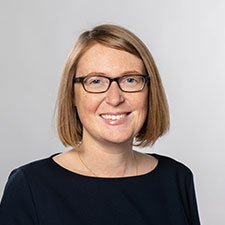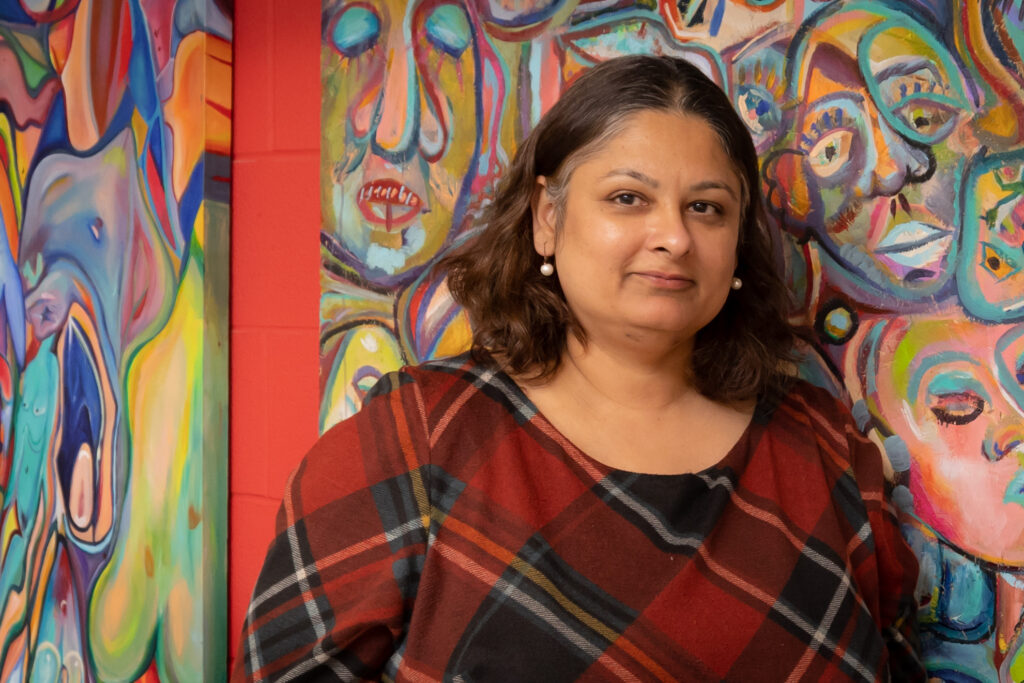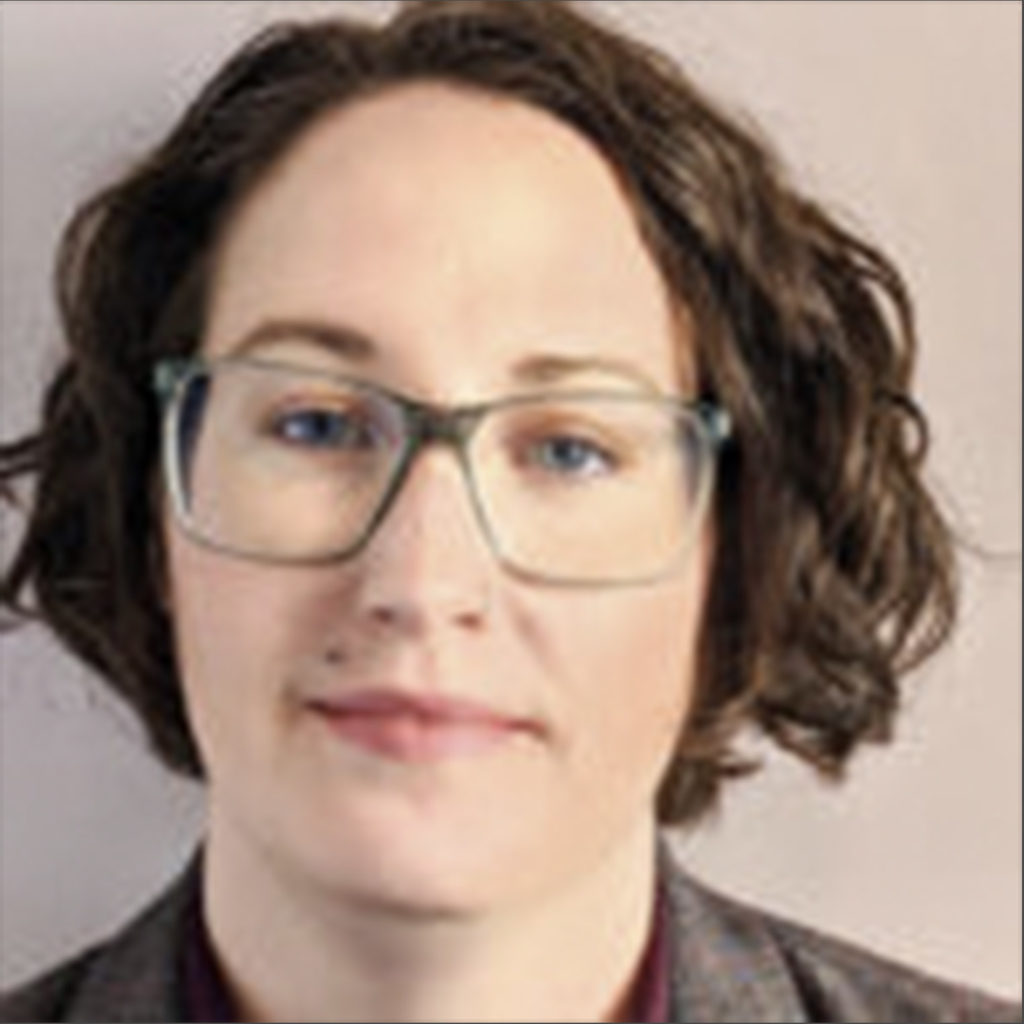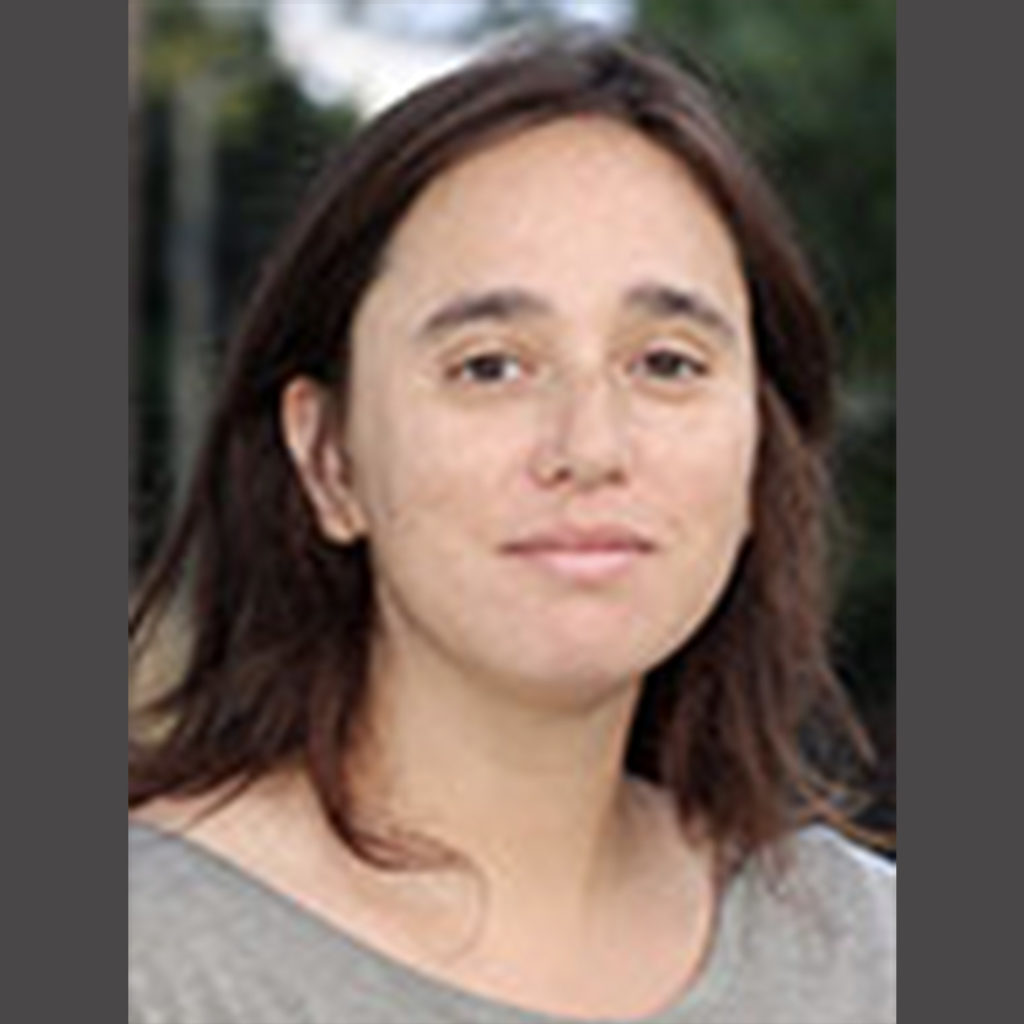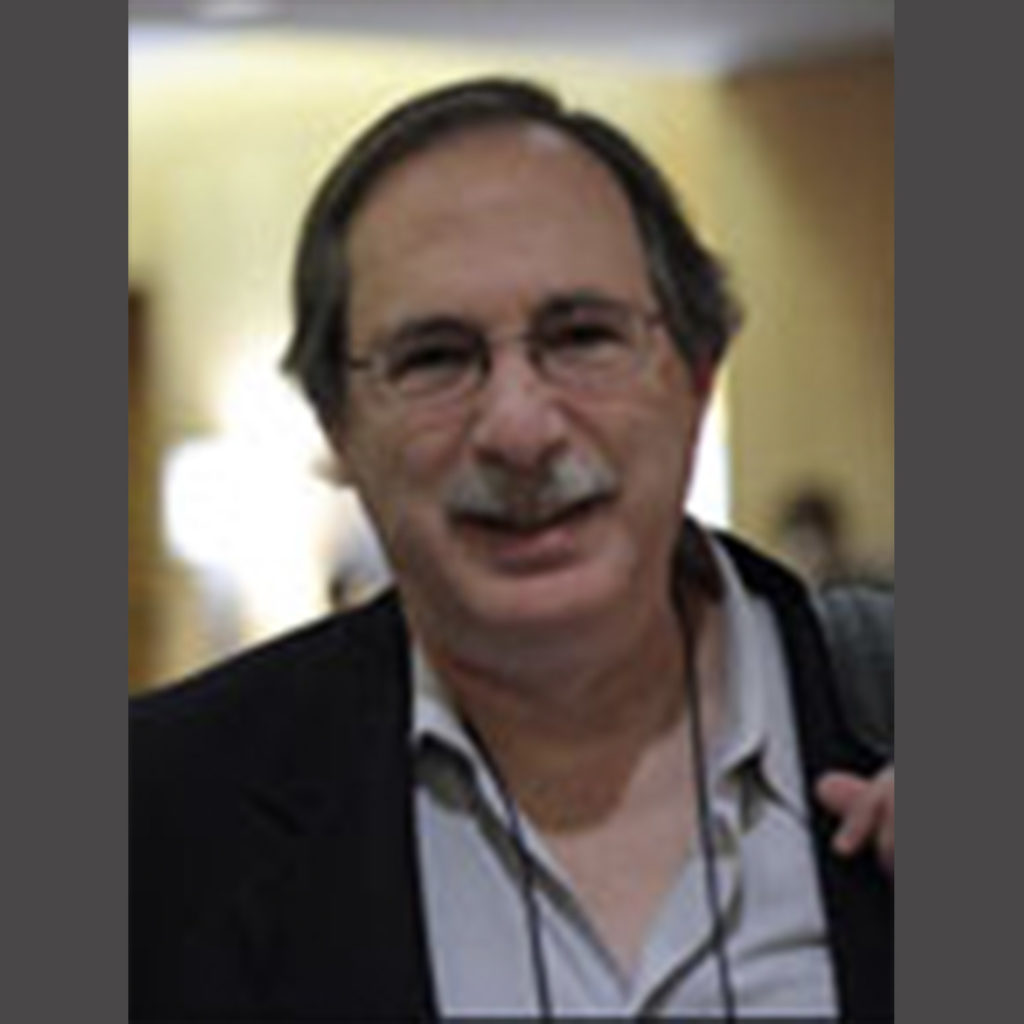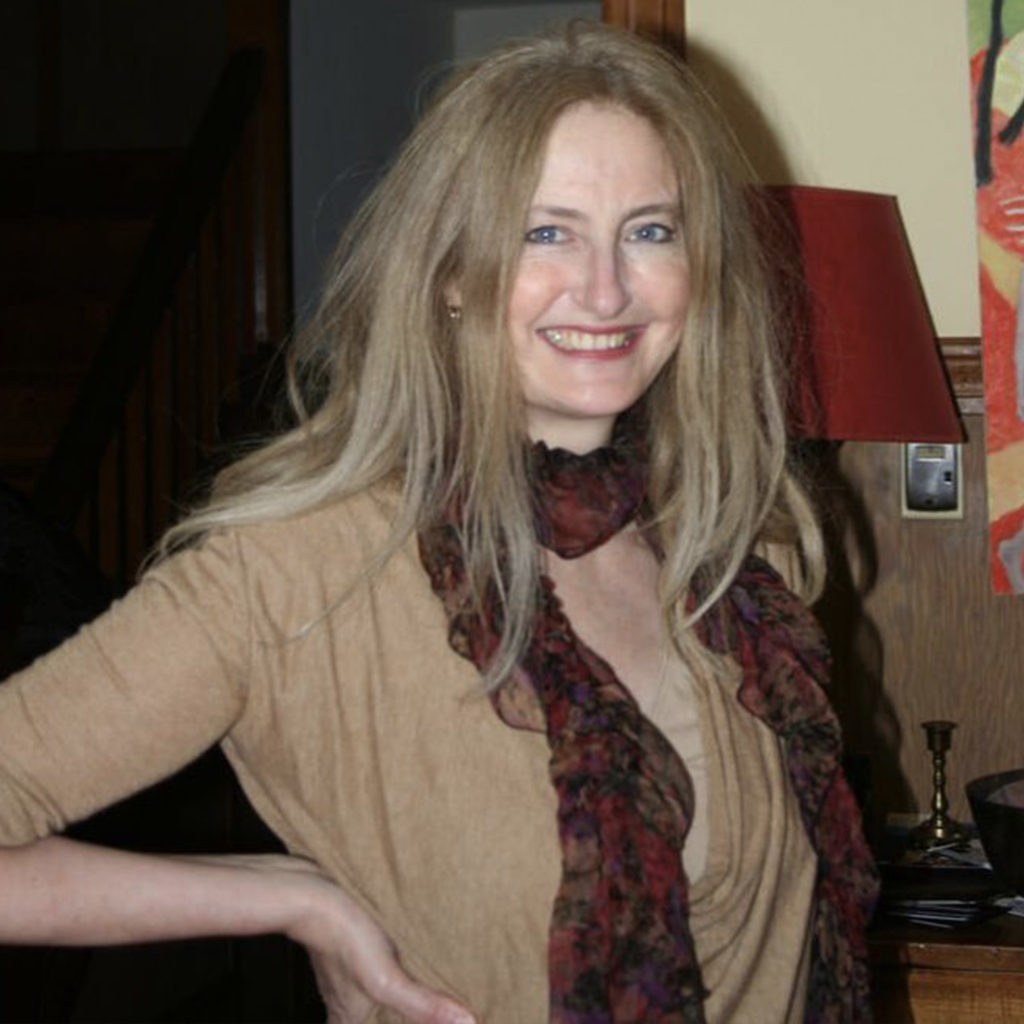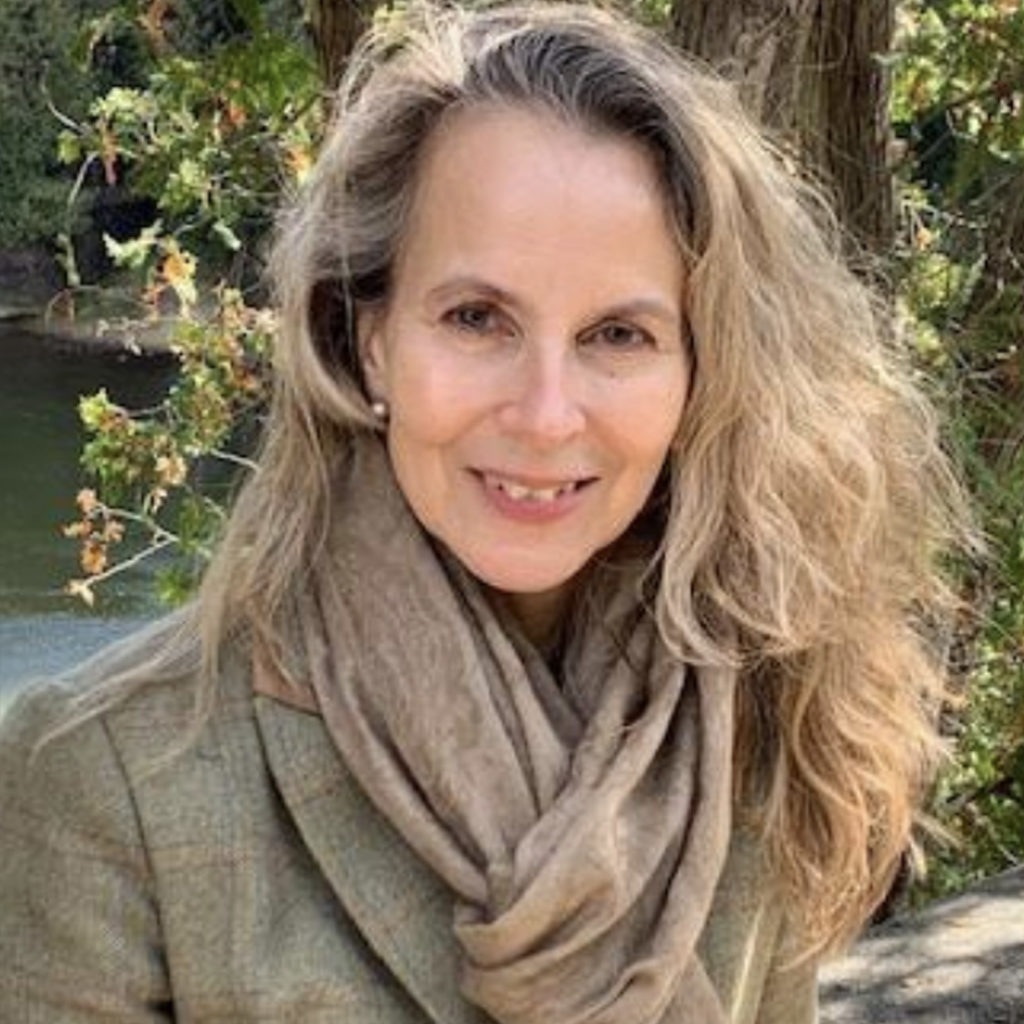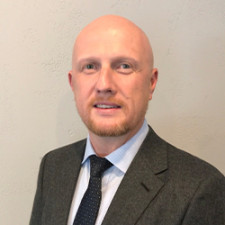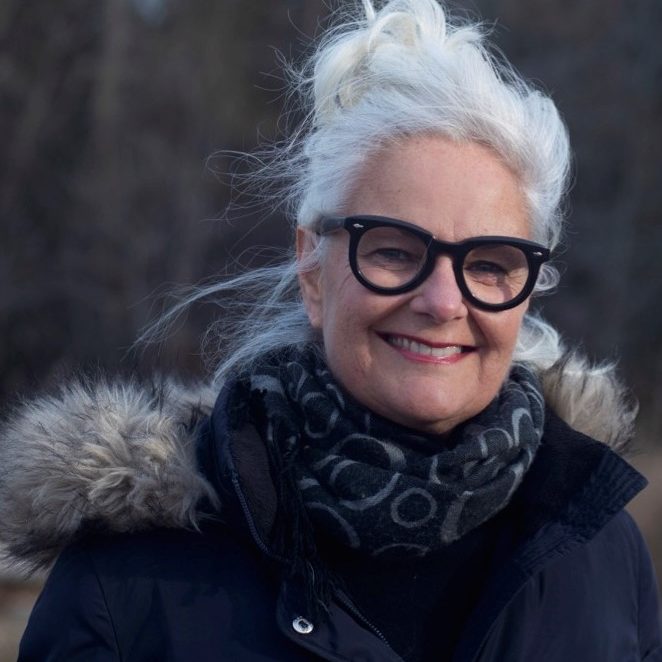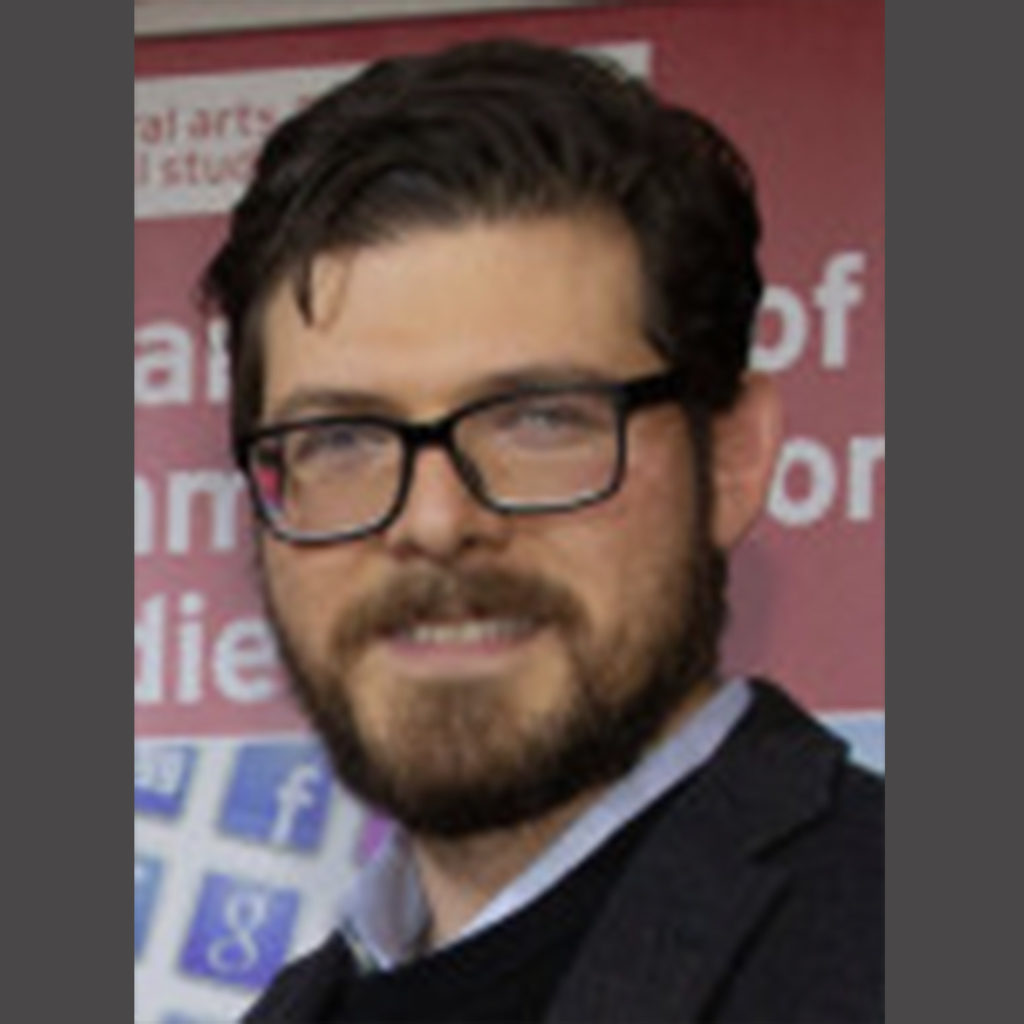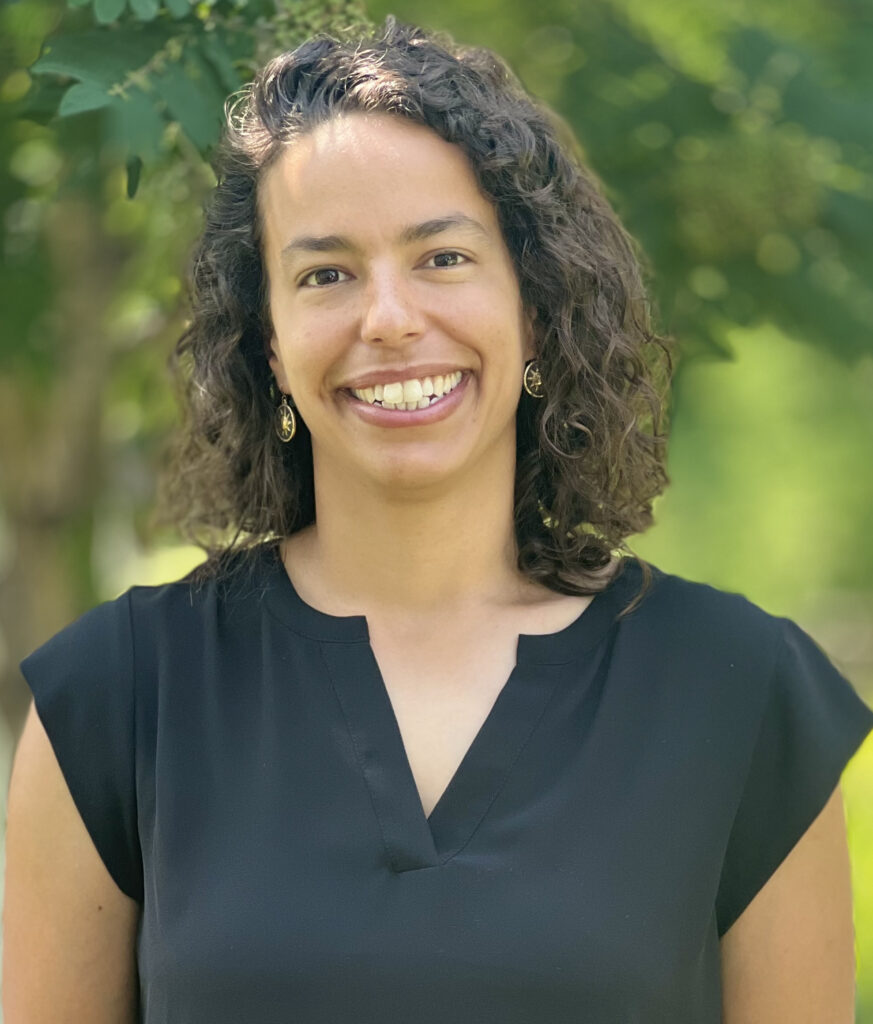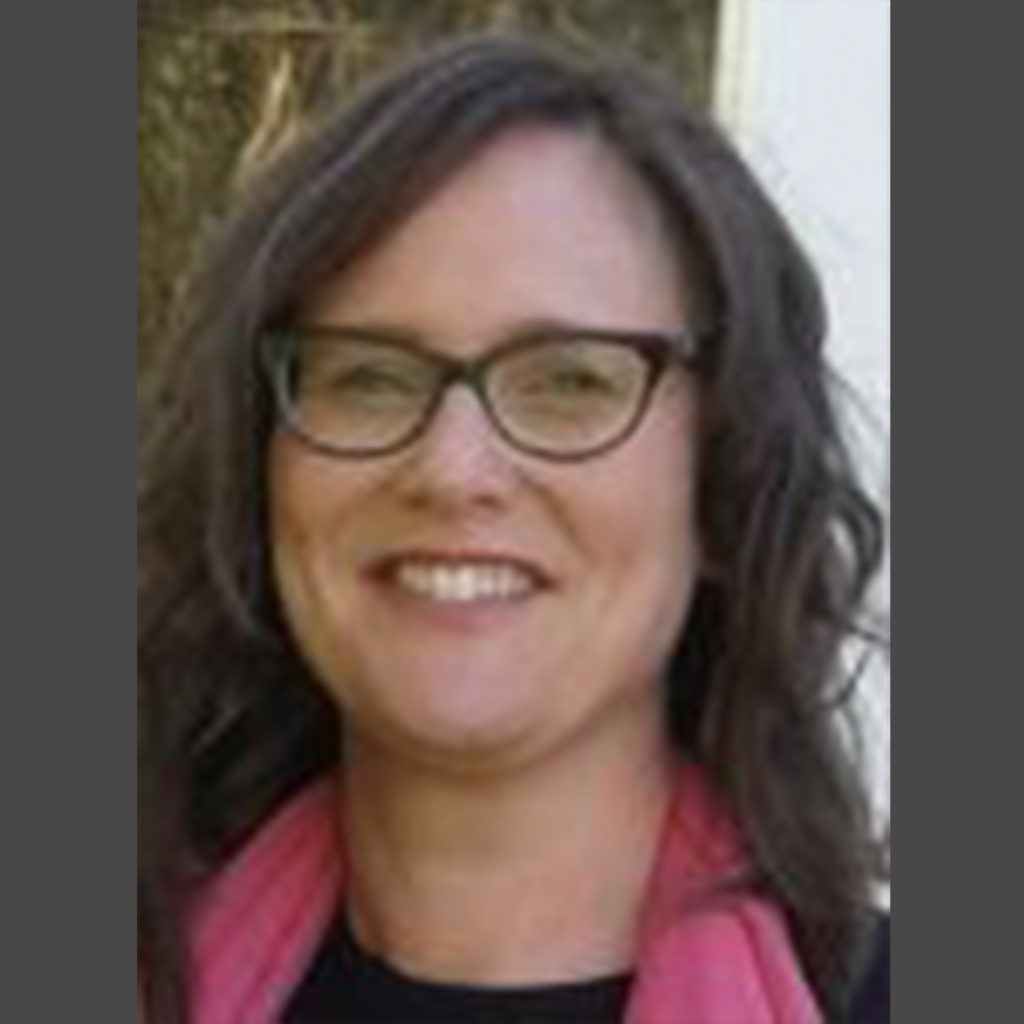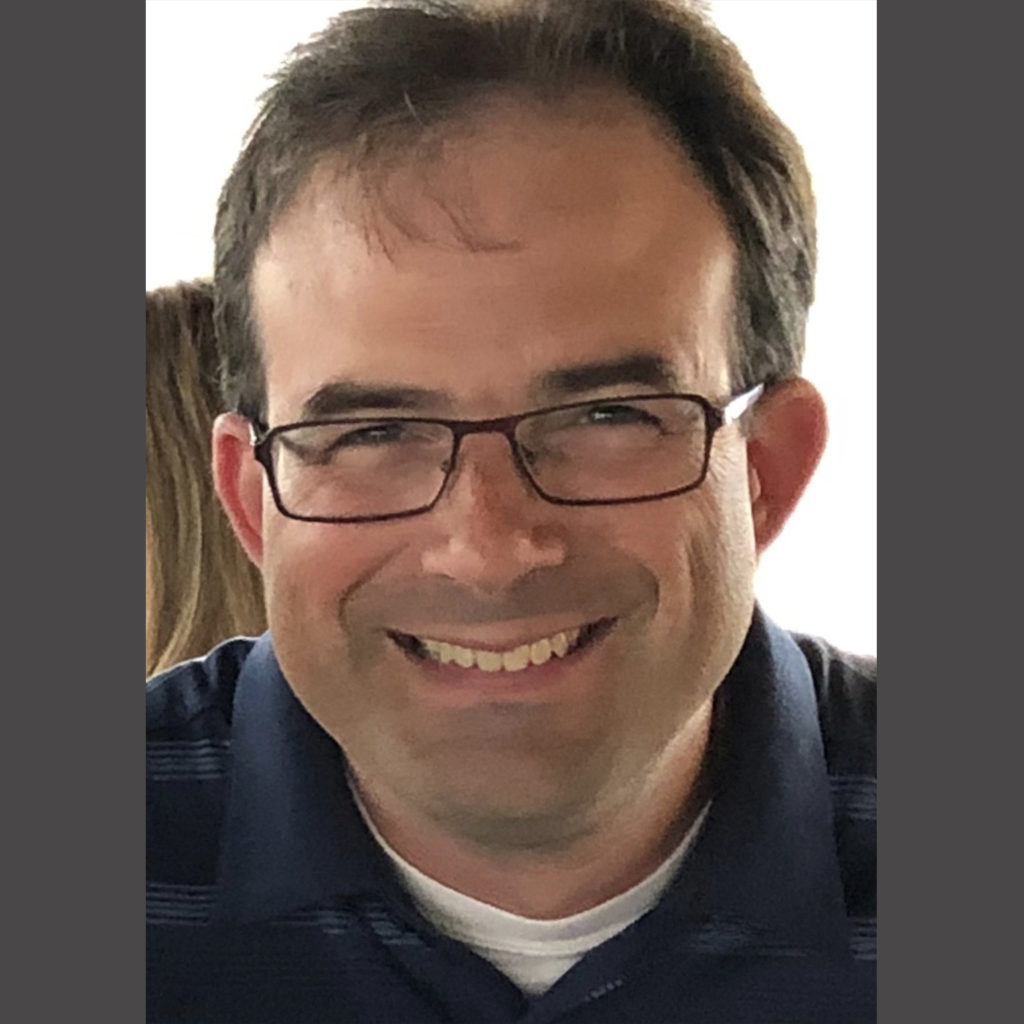How we understand health and illness is defined by technoscience; they reframe our understandings of health risks, diseases, and healthcare delivery. Much of this reflects existing social divisions. This Thematic Cluster will focus on the ways that technoscience interacts with our bodies and minds to explore how biomedical knowledge and materialities are socially produced.
Thematic Cluster Lead: Prof. Gabi Schaffzin
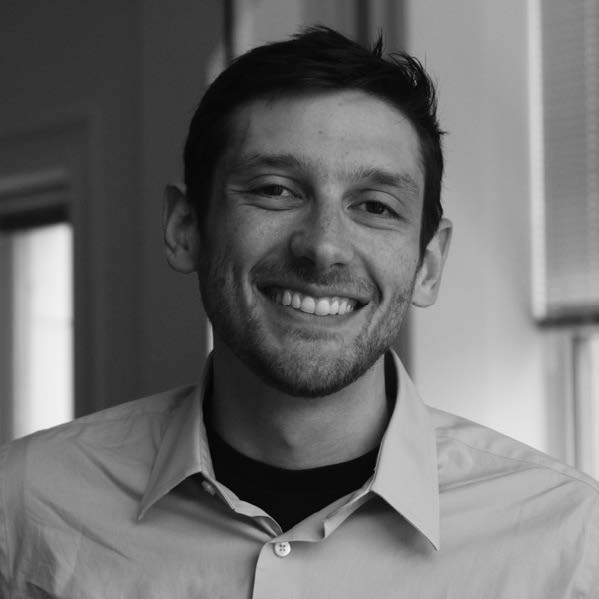
Dr. Gabi Schaffzin is an artist, educator, and researcher based in Toronto. He is currently an Assistant Professor in the Department of Design at York University's School of Arts, Media, Performance, and Design. He holds a PhD in Art History, Theory, and Criticism from the University of California San Diego and an MFA from the Massachusetts College of Art & Design's Dynamic Media Institute. His current research project combines design history, disability studies, and a history of computing to trace the history of designed pain scales throughout the 20th century.
Members:
Dr. Kristin Andrews is York Research Chair in Animal Minds and Professor of Philosophy at York University, where she also helps coordinate the Cognitive Science program and the Greater Toronto Area Animal Cognition Discussion Group. Kristin is on the board of directors of the Borneo Orangutan Society Canada, a member of the College of the Royal Society of Canada, and the author of several books on social minds, animal minds, and ethics.
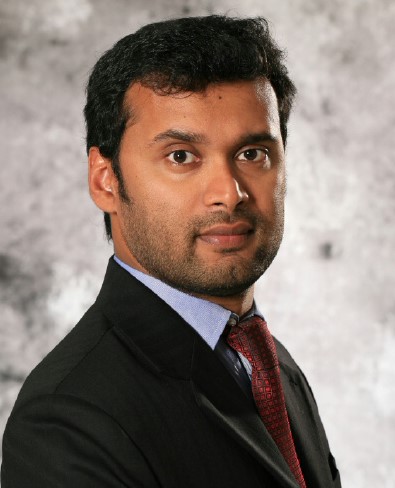
Graduate Fellow
Arvind Babajee, is a finance professional with a specialisation in Finance and Tech. He also advises clients on international corporate affairs.
Dr. Sarah Blacker is a Sessional Assistant Professor in the Department of Social Science at York University. Her current book project, Warding off Disease: Racialization and Health in Settler Colonial Canada, investigates the relationship between biomedical pronouncements on race and their social repercussions, including ongoing colonial and systemic racist practices.
Dr. Shital Desai is an Assistant Professor in the School of Arts, Media, Performance & Design. She heads the CFI-funded Social and Technological Systems (SaTS) lab and is York Research Chair in Accessible Interaction Design. Her research and design practice focuses on the UN Sustainable Development Goals of Good Health and Wellbeing, Sustainable Cities and Communities, and Partnerships using design research methods, human-centred design and systems design approaches. Her research and design practice addresses focuses design research methods, human-centred design and systems design approaches. She codesigns accessible technologies, services, and governance policies for healthcare and global health, especially focusing on the experiences and needs of marginalized populations such as older adults, children and people with disabilities.

Associate Fellow
Dr. Joseph Donia is a postdoctoral fellow at the University of Milan. Drawing on perspectives from Science and Technology Studies (STS), his work addresses the politics of data-intensive health innovation. His doctoral dissertation was a multi-year ‘embedded’ study of a hospital-based AI development team commercializing their technology through a start-up. His current research focuses on the politics of cross-border health data sharing and the moral and material infrastructures they rely upon. Joseph has previously held fellowships at the University of Toronto Joint Centre for Bioethics, Women’s College Hospital, and the Schwartz Reisman Institute for Technology and Society.
Dr. Conor Douglas' research explores the co-production between science/technology (particularly new genetic medical technologies) and society; patient and public participation in science and technological development (particularly in clinical trials, research studies, and pharmaceutical policy); governance of science and technology (particularly new genetic medical technologies); social and cultural factors constraining or enabling the translation –or development and deployment- of science and technologies; as well as global health & governance (particularly as it relates to new medical technologies). These research interests are currently being deployed in a new project Social Pharmaceutical Innovation (For Unmet Medical Needs), or “SPIN.”, which he is the named Project Leader and Canadian national team Principal Investigator.
Dr. Brandee Easter is an Assistant Professor in the Writing Department at York University. Her research focuses on rhetorical theory, feminist media, and critical code studies.

Dr. Sileshi Bedasie Hirko is a Postdoctoral Research Fellow affiliated with Faculty of Liberal Arts and Professional Studies at York University. Focused on the governance of emerging digital technologies, his postdoctoral research project explores approaches for inclusive and equitable regulation of AI-enabled health devices in Canadian healthcare. Dr. Sileshi is also an Adjunct Professor at Osgoode Hall Law. He holds a PhD in Law from University of Ottawa, an LLM from Harvard Law School) and another LL.M in IP and Competition Law from (MIPLC) (Germany). He has published books & scholarly works in reputable national and international journals.
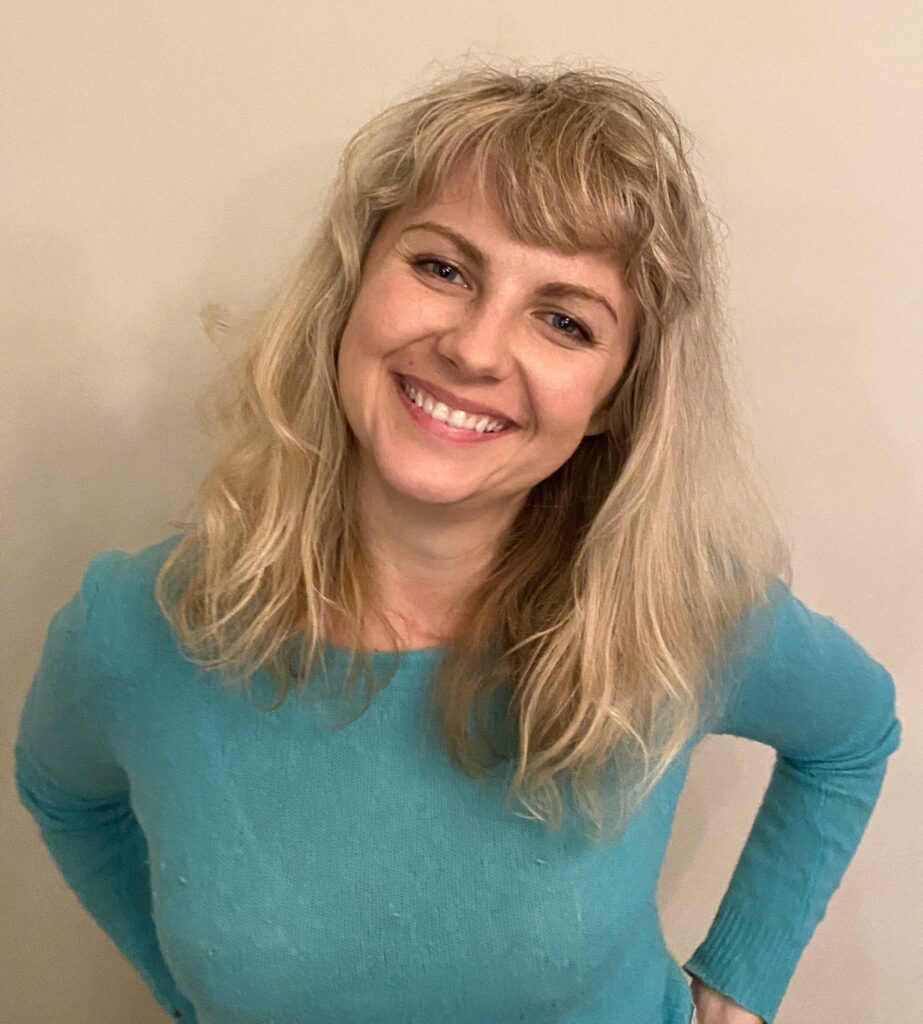
Graduate Fellow
Hana Holubec is a PhD student at York University in the Science and Technology Studies program. Her ongoing research project looks at the programming of humour and laughter into AI and social robotics. She holds an honours undergraduate degree in Psychology and a Master’s degree in Science and Technology Studies. Her research is informed by her experience as a comedy writer and Improv/clown performer and her work as an arts-based instructor within the disability community, with those living with addiction and mental health issues, and with groups and individuals in bereavement and hospice care.
Graduate Fellow
Dayna is a PhD Candidate in the Science and Technology Studies program at York University. Her work focuses on technoscientific future narratives and their impact on our presents.
Dr. Ganaele M. Langlois is an Associate Professor in Communication and Media Studies. Ganaele's areas of research include digital technocultures, philosophy of technology, critical theory, and digital methods.
Dr. Nathaniel Laywine is an assistant professor in the Department of Communication and Media Studies. He is an interdisciplinary scholar, who works at the juncture of intercultural communications, critical pedagogy and media studies. Nathaniel's work considers how the increasing mediatization of solidarity work undertaken by student activists offer post-secondary education institutions an opportunity to rethink interventions in the Global South beyond current models of international experiential education. He also writes critically about the inability of chatbots to tell culturally specific jokes and the technocultural assemblages that exist within fitness spaces (like gyms) as potential sites for potential intersubjective learning.

Graduate Fellow
Luna is a PhD student at Osgoode Hall Law School, where she is a recipient of the SSHRC Doctoral Fellowship. Her research focuses on technology law and the protection of creative workers’ data ownership in the AI era.
She holds a Juris Doctor degree from Osgoode, as well as a Master’s in Industrial Relations and Human Resources from the University of Toronto. As a legal scholar, a licensed lawyer in Ontario, and a former HR professional at a tech company, Luna values the intellectual stimulation and collaboration found in both academia and the industry.
Dr. Bernard Lightman is a Distinguished Research Professor in the Humanities Department at York University, and Past President of the History of Science Society. Lightman’s research focuses on the cultural history of Victorian science and transnational history of science involving Britain and China.
Dr. Margaret MacDonald is an Associate Professor of Anthropology at York University in Toronto. She trained as a medical anthropologist and specializes in research on reproductive health. She has conducted ethnographic research within the global maternal health community, a community development NGO in Senegal, and amongst midwives and their clients in Canada. In each of these settings her interests lie in how cultures of biomedicine, science, and technology -- and their alternatives – shape our ideas and practices concerning health, illness and the body.
Dr. Aryn Martin researches how renderings of biological phenomena, and the material phenomena themselves, shape and are shaped by "the social" including through language and experiment. Martin has published articles and chapters about genetic chimeras, maternal-fetal microchimerism, the so-called "placental barrier" and chronic traumatic encephalopathy (CTE) in violent sport. Mundane ordering practices (counting, naming, classification) and their world-making effects are central to her works.
Dr. Hélène Mialet is a philosopher and anthropologist of science and technology interested in questions related to the body, subjectivity, creativity, cognition, animals and human-machine interaction.
Dr. Jeff Nagy is an Assistant Professor of AI and Critical Data Studies at York University. He is a historian of computing and AI focused on the intersection between AI development, the psy- sciences, and disability. He holds a PhD from Stanford University and was a DISCO Network Postdoctoral Fellow at the University of Michigan from 2022-2024.
Dr. Emilia Nielsen is the author of Disrupting Breast Cancer Narratives: Stories of Rage and Repair (University of Toronto, 2019), which won an Elli Köngäs-Maranda Prize for feminist folklore studies. She is also the author of two noted collections of poetry: Body Work (Signature Editions, 2018), a finalist for a Lambda Literary Award, the League of Canadian Poets’ Pat Lowther Memorial Award, and a winner in the Fred Cogswell Award for Excellence in Poetry; and Surge Narrows (Leaf Press, 2013), a finalist for the Gerald Lampert Memorial Award. She is an Associate Professor in York’s Health and Society Program.
Dr. Roxanne Mykitiuk is a Full Professor at Osgoode Hall Law School, where she engages in research and teaching in the areas of Disability Law, Health Law, Bioethics and Family Law. Roxanne is nationally and internationally recognized for her work in disability law and the legal construction and regulation of embodiment, and the regulation of reproductive and genetic technologies and reproductive health more generally. She was Senior Legal Researcher for the Canadian Royal Commission on New Reproductive Technologies; a member of the Ontario, Advisory Committee on Genetics; a member of the Ethics Committee of the Society of Obstetricians and Gynecologists of Canada; scholar in residence at the Law Commission of Ontario working on the Disability and Law Project. She has been consulted by a range of actors in policy making and litigation contexts and provided expert opinions related to her areas of expertise.

Dr. Kennedy Opande has a PhD in Anthropology; in his PhD, he focused on the anthropology of life, revealing how life and land are interconnected among indigenous Luo rice growers of Kenya. From this study, he proposed a cosmo-juridical agency, being life formed through co-association and co-negotiation between human and nonhuman species through commands, demands, fulfillments through rituals, ceremonies, and sacrifices among others. Kennedy has been published in Social Analysis and Cultural Anthropology journals among others.
Dr. Mary Ott is an Assistant Professor in the Faculty of Education at York University. Drawing on sociomaterial, posthuman, and complexity orientations, she explores the agency of space, time, and materials in curriculum design and pedagogy. A current focus is on understanding the unintended consequences of technology in teaching and learning. Mary completed her PhD in curriculum studies at Western University with a focus on multiliteracies, and postdoctoral work in health sciences education in the Schulich School of Medicine & Dentistry, Western University. She also holds an appointment as a centre researcher in the Centre for Education Research & Innovation at Western.
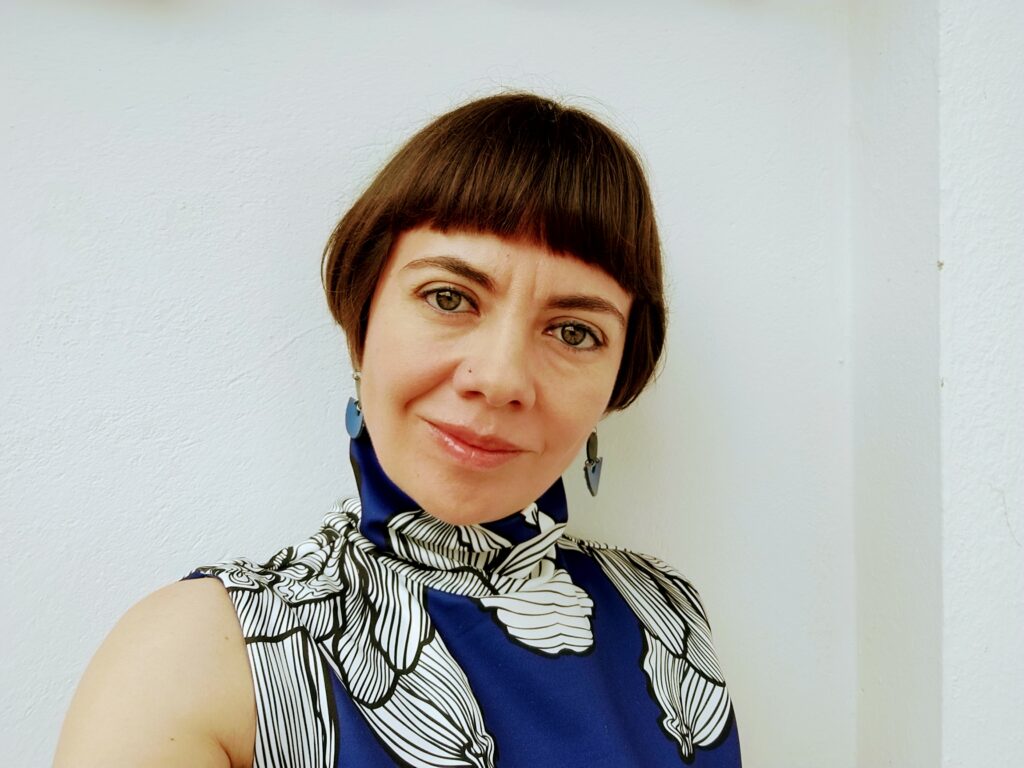
Dr. Lina Pinto-García is a postdoctoral fellow of the Connected Minds program. Her research explores how the context of armed conflict in Yarumal, northwestern Colombia, has shaped the experience of hereditary Alzheimer's, the production of neuroscientific knowledge, and the technological solutions under development. Lina is about to publish her first book with the University of Chicago Press, titled Maraña: War and Disease in the Jungles of Colombia. It is an ethnographic examination of the relationship between leishmaniasis, a vector-borne disease, and the Colombian war. Her research has also been published in Medical Anthropology Quarterly, Critical Public Health, and Tapuya, among others.
Dr. Sachil Singh is an assistant professor at York University's School of Kinesiology & Health Science, specializing in medical sociology, critical race studies, and algorithmic inequality. His interdisciplinary research illuminates how stereotypes and misinformation about race and ethnicity impact life chances, particularly in healthcare. Dr. Singh's work reveals how health technologies can perpetuate social inequality, uncovering unintended racial biases in patient care. Committed to social justice, he teaches courses on algorithmic bias, socio-cultural history, racial discrimination, and surveillance, framing them from a social justice perspective. Additionally, Dr. Singh offers a Karate-Do course that integrates social justice principles.
Dr. sava saheli singh (she/her) is an Assistant Professor of Digital Futures with the Faculty of Education, York University. As an interdisciplinary scholar and filmmaker working at the nexus of education, technology, surveillance, speculative futures, and intersectional marginality, sava has a strong commitment to community-based public scholarship and critical digital literacy. She co-produced the award-winning Screening Surveillance series of four short films, a public education and knowledge translation project that calls attention to the potential human consequences of big data surveillance.
Dr. Ian Stedman is an Assistant Professor in the School of Public Policy and Administration. He is cross-appointed to the graduate programs at Osgoode Hall Law School and in Science and Technology Studies. Being a person who lives with a rare genetic condition, Ian advocates for the rare disease community and has a growing research program focused on technologies and policies driving greater personalization in healthcare. He serves on the Executive of the Canadian Rare Disease Network, as Vice Chair of the CIHR Institute of Genetics' Institute Advisory Board and on the Canadian Drug Agency's Advisory Committee on Rare Disease-based Registries.
Dr. Kate Tilleczek is a Professor who holds the Tier 1 Canada Research Chair in Youth, Education & Global Good in the Faculty of Education at York University. She is an educator, founder (in 2009), and Director of the Young Lives Research Laboratory which employs global, intercultural and interdisciplinary approaches to collaborative research with and for young people and their communities. Professor Tilleczek’s research garners new understanding about the wellbeing of young people and how we might re-design quality education and whole-of-society supports with/by them.
Dr. Özgün E. Topak is an Associate Professor at the Department of Social Science at York University. He is an Associate Editor of Surveillance & Society, and an Executive Committee Member & Resident Scholar at York's Centre for Refugee Studies (CRS). Dr. Topak is an interdisciplinary social scientist interested in topics of surveillance technology, migration, authoritarianism, social theory and human rights.
Dr. Amanda van Beinum is an assistant professor in the Department of Sociology at York University. Her research sits at the intersection of the sociology of health & medicine, science and technology studies, critical posthumanism, and medical ethics. Her current work explores embodied social and technological aspects of brain stimulation technologies as emerging therapies for the treatment of psychiatric illnesses.

Shelbey Walker
Graduate Fellow
Shelbey Walker is a doctoral student in the Science and Technology Studies Program at York University. Her research interests include the intersection of labour and leisure in digital games, discourse of games by the popular media press, and the sponsorship of digital games and esports. Other interests are exploring workplace culture, technology used by type 1 diabetics, and the experiences of gig workers..
Dr. James Williams is an Associate Professor in the Department of Social Science at York University and a member of the undergraduate program in Criminology and the graduate programs in Sociology and Socio-Legal Studies. He is interested in the intersections between technology, finance, and regulation as well as the impact of finance (and emerging forms of assetization) on the social and public sector. James is also working on developing a new research project on supply chain digitization and its implications for the regulation of corporate supply chains.


